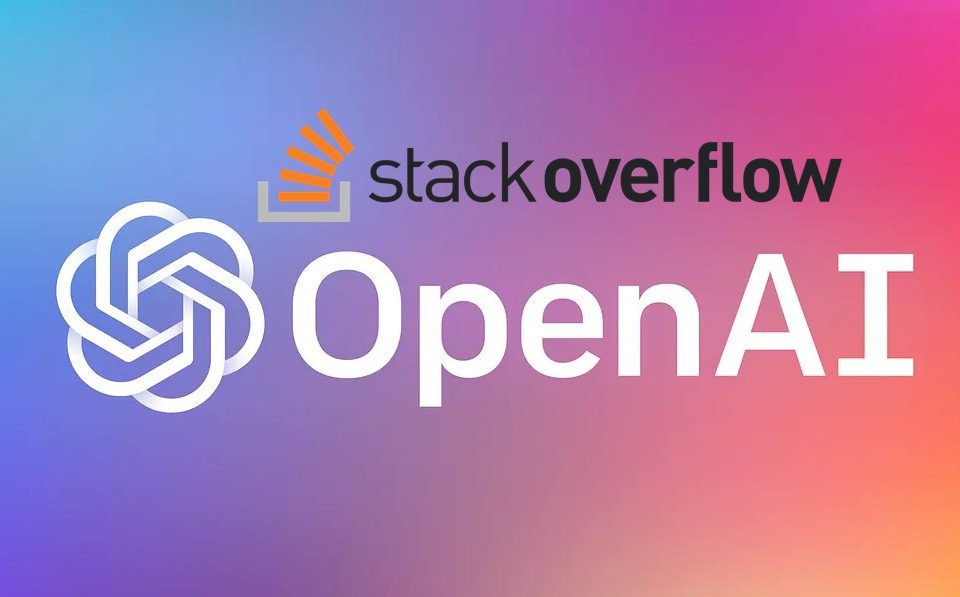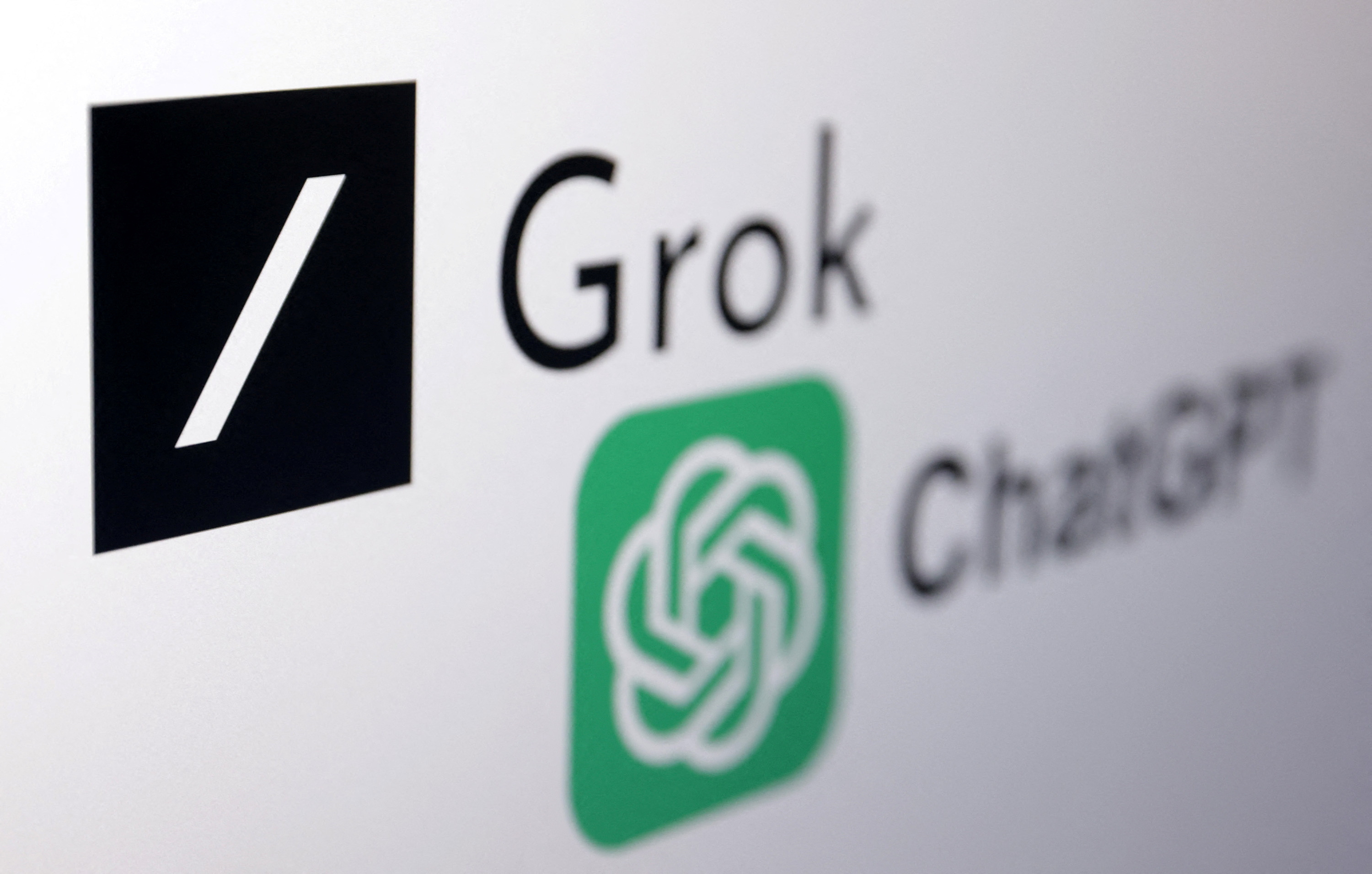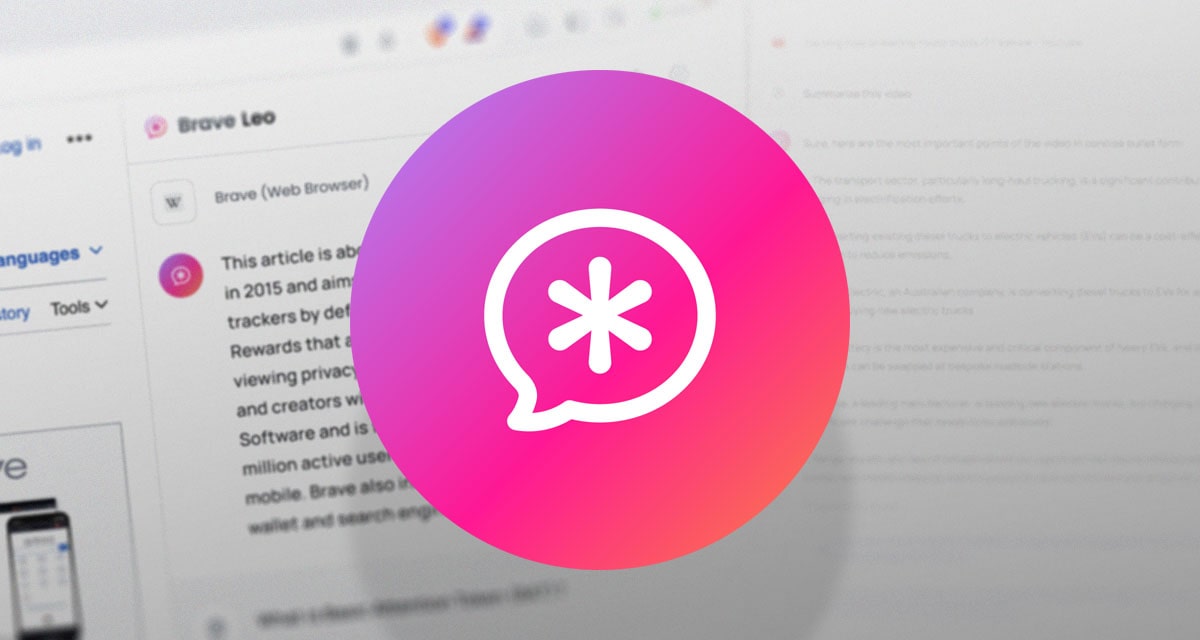In a move that has stirred both curiosity and controversy, Google has embarked on an ambitious program that pays publishers to utilize its unreleased generative AI platform for content creation. This initiative, falling under the umbrella of the Google News Initiative (GNI), is aimed at assisting "under-resourced publishers" by equipping them with cutting-edge tools to efficiently aggregate and produce content from various authoritative sources.
At its core, the program offers select publishers beta access to Google's generative AI platform, accompanied by a substantial monthly stipend that reportedly amounts to a five-figure sum annually. In return, participating publishers are expected to generate a predetermined volume of content, including three articles per day, one newsletter per week, and one marketing campaign per month.
The AI tools provided by Google are designed to streamline the content creation process for small, local publishers by summarizing and repurposing factual information sourced from public data repositories, government agencies, and even neighboring news outlets. Google emphasizes that these tools are not intended to replace human journalists but rather to augment their work by automating certain tasks and enhancing their productivity.

However, this groundbreaking initiative has also ignited a firestorm of concerns and debates within the media and technology industries. Critics argue that by enabling publishers to create content derived from existing sources, Google's program could potentially draw traffic and revenue away from the original creators, thereby undermining their businesses.
Furthermore, there are ethical concerns surrounding the use of AI to generate content that does not introduce new information to the public discourse, with some viewing it as a form of content appropriation or even intellectual property theft. The lack of transparency requirements, as participating publishers are not obligated to disclose their use of AI in the published articles, nor are the original sources informed of the content repurposing, has only added fuel to the controversy.
Despite these concerns, Google maintains that the program is still in its exploratory stages, and its primary objective is to investigate innovative ways to provide AI-enabled tools to assist journalists in their work. The tech giant argues that these tools are not intended to replace human journalists but rather to augment their capabilities and streamline their workflows.

This initiative is part of a broader trend within the tech industry, where companies are increasingly venturing into the realm of generative AI for content creation. Similar to Facebook's past deals with publishers for live video content, Google's program aims to support smaller publishers by offering them access to advanced tools that can enhance their content creation processes.
However, the long-term implications of such initiatives on journalism and the media industry remain uncertain. As the integration of AI in content creation continues to evolve, questions arise about the impact on journalistic integrity, originality, and the sustainability of the traditional media business model.
Moreover, the ethical considerations surrounding AI-generated content are complex and multifaceted. While proponents argue that AI-assisted content creation can enhance efficiency and productivity, critics caution that it could also lead to a homogenization of voices and a potential erosion of diversity in the media landscape.

Ultimately, Google's program to pay publishers for using its AI tools for content creation represents a bold and ambitious step into uncharted territory. It highlights the potential for AI to revolutionize the way we create and consume content, while also raising critical questions about transparency, ethics, and the future role of AI in journalism.
As this initiative unfolds, it will be crucial for all stakeholders – tech companies, publishers, journalists, and the public – to engage in open and honest dialogue. Addressing concerns about transparency, intellectual property rights, and the potential impact on the media ecosystem will be paramount. It is only through thoughtful collaboration and a shared commitment to ethical practices that we can harness the power of AI to enhance journalism while preserving its core values of truth, accountability, and the free flow of information.
In the rapidly evolving digital age, where technology and media are inextricably intertwined, initiatives like Google's AI program serve as a reminder that innovation must be tempered by ethical considerations. As we embrace the transformative potential of AI, we must also remain vigilant in upholding the principles that underpin a vibrant, diverse, and responsible media landscape – one that serves the greater good of society and empowers the free exchange of ideas.











